Best IVF Centre in Mumbai
Meet IVF experts with 20+ years’ experience & proven success.

2 Centres across Mumbai - Malad and Borivali
Advanced
Technology
We Know This Journey Can Feel Overwhelming
You’re not alone. Behind every test result and treatment plan is a deeply personal story—yours. At Fertility Square, we don’t just see patients; we see hopes, dreams, and the family you’re longing to build.
That’s why we take the time to listen, understand, and create a path forward that feels right for you.
“Because your dream of parenthood deserves more than just medical treatment. It deserves compassion, clarity, and unwavering support.”


ABOUT FERTILITY SQUARE
Located in Mumbai’s western suburbs, Fertility Square is your one-stop destination for comprehensive fertility care. Our state-of-the-art facility combines cutting-edge technology with complete transparency, no hidden costs, and just honest guidance every step of the way.
Backed by a dedicated team of specialists and embryologists, we’re especially known for helping couples who’ve faced previous treatment failures. Because sometimes, all it takes is a fresh approach and renewed hope.
Comprehensive Care, Tailored to You
From your first consultation to holding your baby, we offer every service you might need—under one caring roof.
IVF (In Vitro Fertilisation)
This is the most proven path for many couples. We combine eggs and sperm outside the body, nurture the embryo, and transfer it when the timing is perfect.
Best for: Various fertility challenges

ICSI (Intracytoplasmic Sperm Injection)
When sperm count or motility needs support, we use advanced techniques to help a single healthy sperm fertilise the egg.
Best for: Male factor infertility

IUI (Intrauterine Insemination)
A gentle approach that places sperm directly in the uterus during ovulation, increasing the chance of natural fertilisation.
Best for: Mild infertility, ovulation issues.

Blastocyst Culture
We grow embryos for 5-6 days to identify the healthiest ones, improving your chances of a successful pregnancy.
Best for: Maximising IVF success

Egg Freezing
Preserve your fertility for the future—whether for medical reasons or personal timing. Your eggs, your timeline.
Best for: Fertility preservation

Advanced Treatments
Laser Hatching, ERA, PRP, PGS/PGT—specialised solutions for unique situations, including multiple IVF failures.
Best for: Complex Cases


Meet
Dr. Manisha
Takhtani Kundnani
Led by Expertise, Guided by Heart
(Founder Director & Chief Fertility Consultant at Fertility Square Clinic)
She is working in this field for last 20 Years now and has helped many couples cherish their dreams of parenthood. Personalized care to each and every couple is what she believes in ensuring that the standard of care is best and consistent throughout the treatment. Dr Manisha Takhtani Kundnani is the Founder Director and Chief Fertility consultant at Fertility Square, The IVF Clinic. She is the Best Fertility Specialist in Mumbai. She is alumni of the prestigious Postgraduate Institute of Medical Education and Research, Chandigarh (PGIMER).
She is one of the few Gynaecologist in the country who has done a formal national board degree fellowship in Infertility and Advanced Infertility Treatments from Lilavati Hospital, Mumbai. Having worked in various capacities at Infertility Centers of repute in India, her proficiency in IVF and advanced Infertility Treatments got cherished further during her fellowship tenure at National University Hospital of Singapore. She has been a Gold Medalist throughout her medical career and has been awarded many prestigious awards.
She believes every couple deserves more than just treatment—they deserve to be truly heard, understood, and supported throughout their journey.
What Makes Fertility Square the Best IVF Clinic in Mumbai
Complete Transparency
You'll know exactly what to expect financially and medically. No surprises.
Proven Success Rates
Our track record isn't just numbers—it's real families, real babies, real joy.
Latest Technology
From blastocyst culture to PGS testing, we offer advanced, accessible fertility care.
Personalised Care Plans
No two journeys are alike. We create personalised treatment plans just for you.
Support for Multiple Failures
We specialise in new approaches for couples who've faced disappointment elsewhere.
20 Years of Experience
We bring all that wisdom to your care.
Testimonial
Posted onTrustindex verifies that the original source of the review is Google. I had great experience in fertility square ivf clinic. Specially would thank to Dr Manisha kundnani as she is one of the best doctor I have ever meet . Thanks to all the staff .Posted onTrustindex verifies that the original source of the review is Google. One of the best IVF specialist we ever met. The most knowledgeable and experienced doctor who cares for her patients and ensures the best treatment. We are blessed with twin babies and we are extremely happy and thankful of Dr. Manisha Kundnani. Highly recommended.Posted onTrustindex verifies that the original source of the review is Google. Excellent Dr, Excellent procedure, excellent staff...good 💯
Gallery
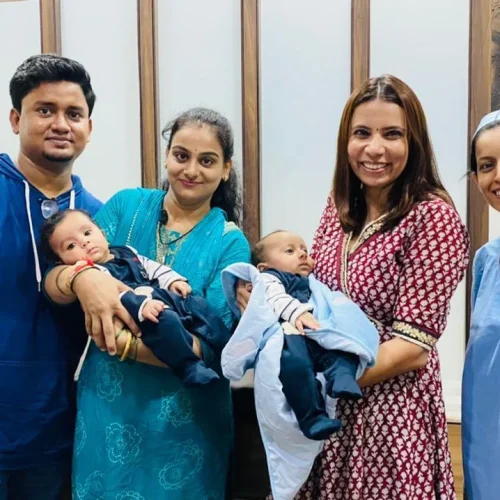
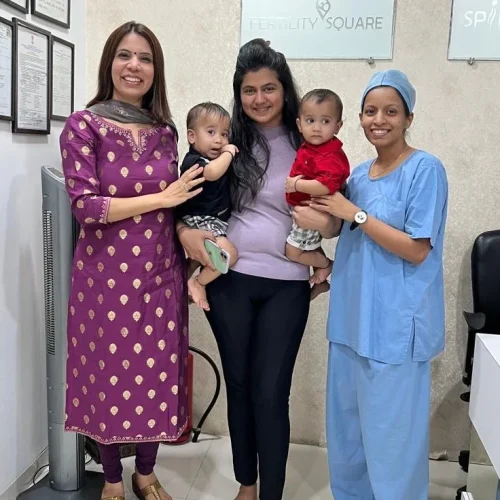

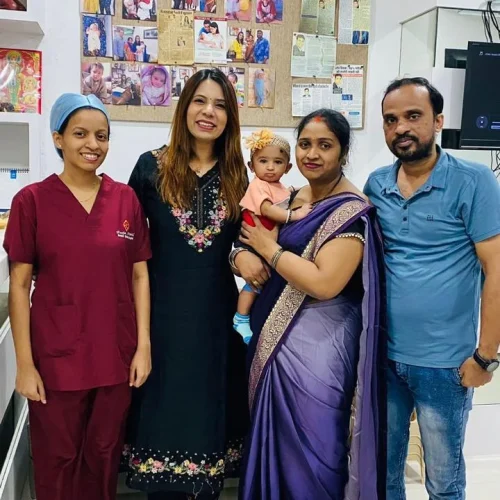

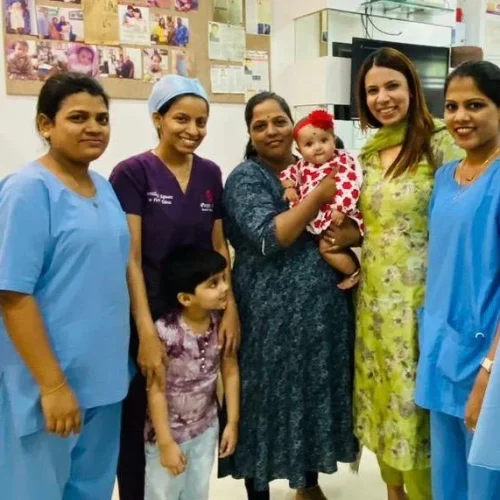
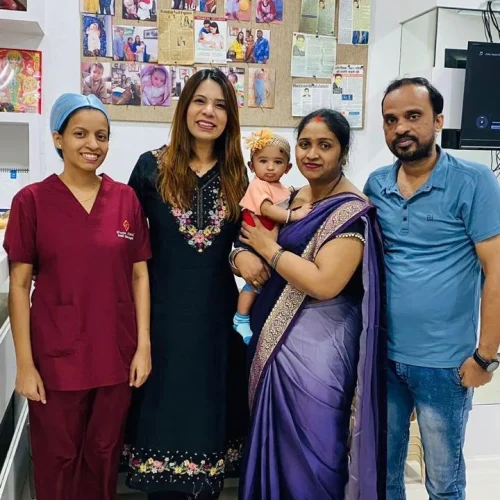
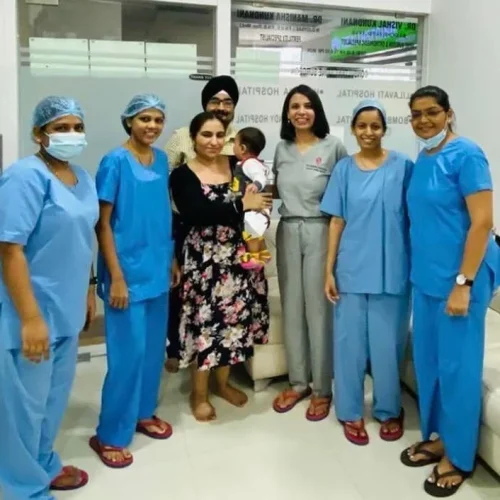
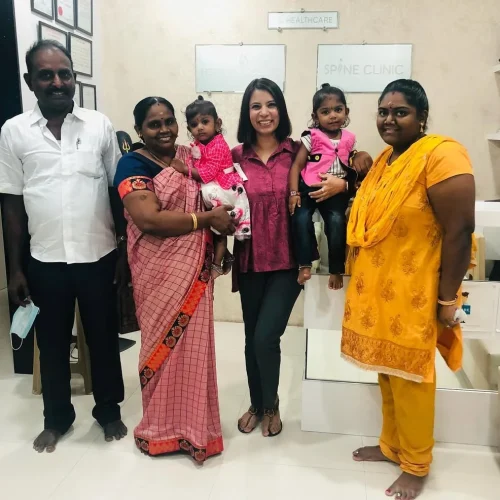

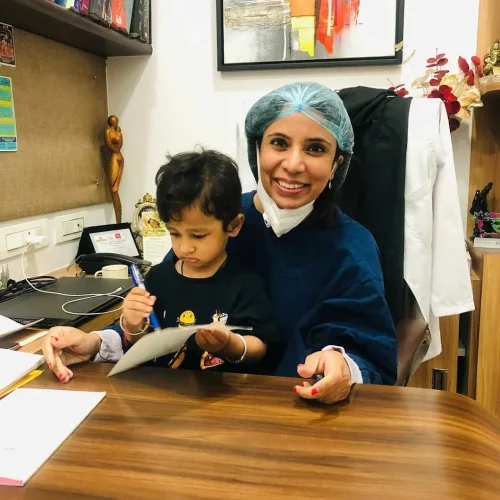
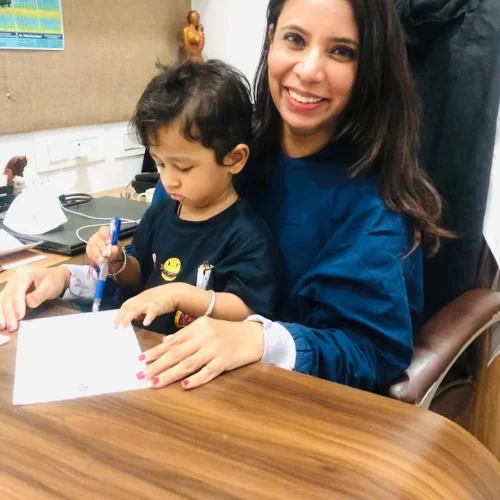
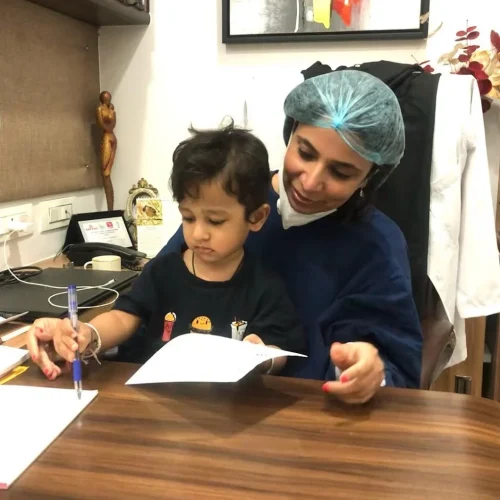
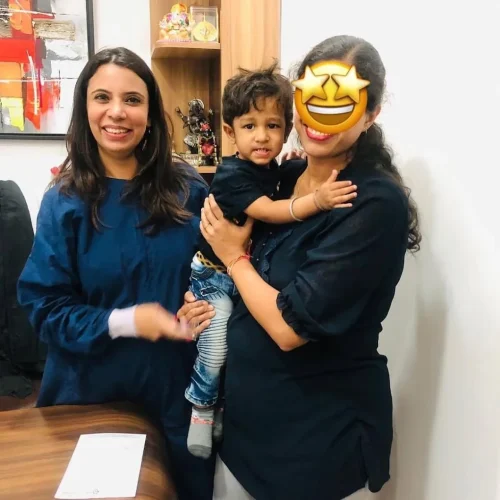
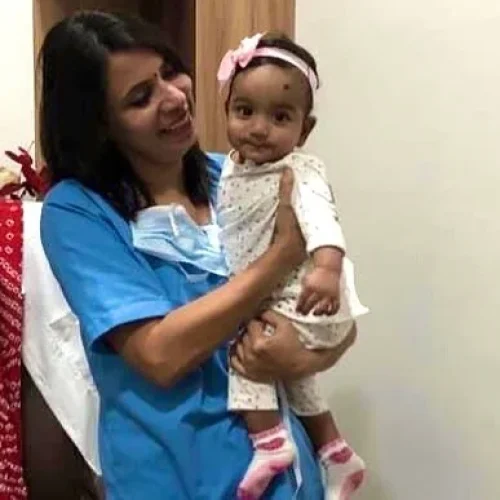
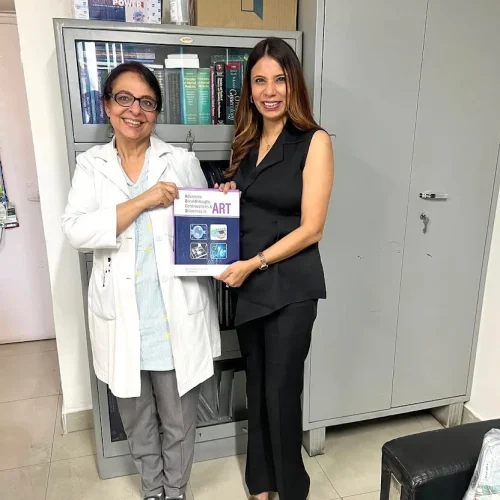
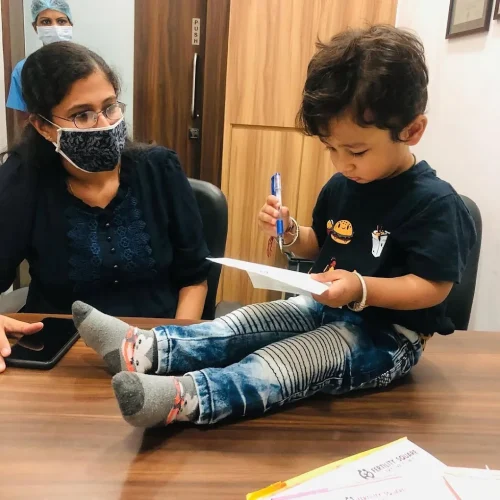
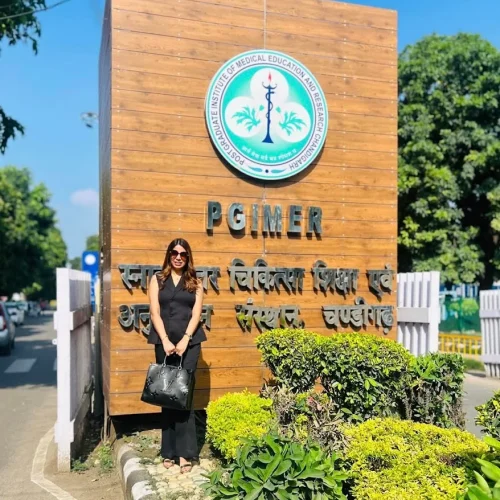
Patient Education Videos

Ready to Take the First Step?
Your journey deserves expertise, technology, and compassion. Let’s start this together.
No obligation | Completely confidential
Frequnetly Asked Questions
There are many variations of passages of Lorem Ipsum available, but the majority have suffered alteration in some form, by injected humour, or randomised words which don’t look even slightly believable.
There are many variations of passages of Lorem Ipsum available, but the majority have suffered alteration in some form, by injected humour, or randomised words which don’t look even slightly believable.
There are many variations of passages of Lorem Ipsum available, but the majority have suffered alteration in some form, by injected humour, or randomised words which don’t look even slightly believable.
There are many variations of passages of Lorem Ipsum available, but the majority have suffered alteration in some form, by injected humour, or randomised words which don’t look even slightly believable.
